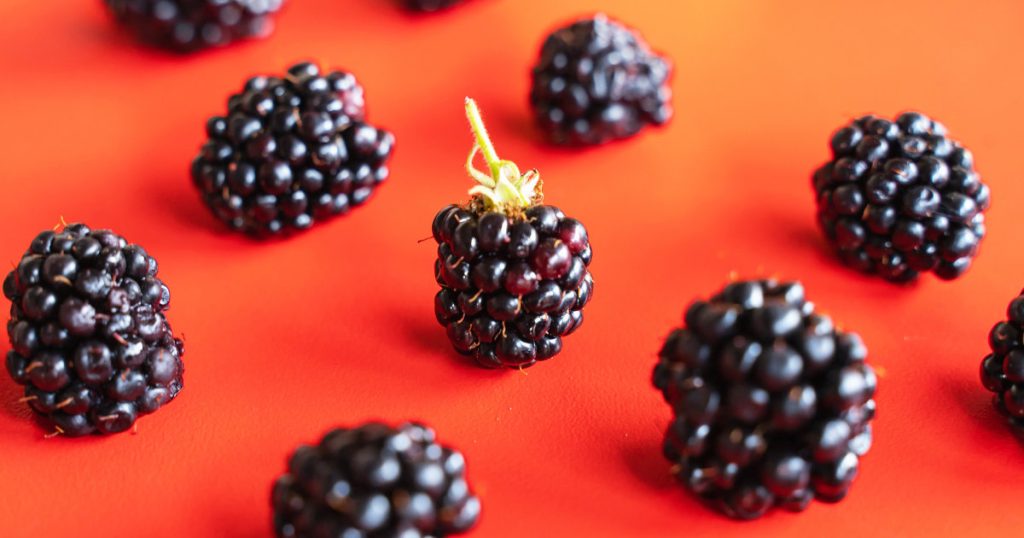Berries, including blackberries, are known for being nutrition powerhouses, packed with antioxidants, fiber, and vitamins. While blueberries are commonly recognized for their health benefits, blackberries are equally impressive due to their deep purple color, which indicates the presence of anthocyanins, bioactive compounds that act as antioxidants and provide numerous health benefits. Blackberries are rich in fiber and low in calories, making them a healthy addition to any diet. They are also packed with essential nutrients such as calcium, iron, magnesium, potassium, and various vitamins.
In terms of health benefits, blackberries are rich in phytochemicals, particularly polyphenols, which have antioxidant, anti-inflammatory, and heart-protective properties. They contain more antioxidants than other berries like strawberries, raspberries, and even blueberries, according to research. Antioxidants help neutralize free radicals in the body, reducing inflammation and potentially protecting against cancer. The fiber in blackberries supports gut health and cardiovascular health, and may also promote insulin sensitivity and protect against obesity. Studies have shown that blackberries can lower inflammation, increase good cholesterol levels, and improve insulin sensitivity in individuals with high cholesterol.
Blackberries also support brain health due to their high fiber content, which helps maintain steady blood sugar levels. There is a link between insulin resistance and neurodegenerative diseases, and consuming blackberries may help support a healthy brain. Additionally, anthocyanins found in blackberries may decrease brain oxidative stress, inflammation, and degeneration, potentially enhancing cognition and neuroprotection. While blackberries are not necessarily better for you than blueberries, all berries offer similar health benefits, so it’s best to eat the ones you prefer and have access to.
To incorporate blackberries into your diet, you can enjoy them fresh as a snack or add them to oatmeal, yogurt, smoothies, or fruit salads. They can also be used to make a blackberry compote that can be served over ice cream or used in other dessert dishes. It’s recommended to consume a daily serving of berries, whether fresh, frozen, or dried, to reap their health benefits. Frozen berries are just as nutritious as fresh ones and can be a convenient option to have on hand. Ultimately, the key is to enjoy a variety of berries as part of a balanced diet to support overall health and well-being.


